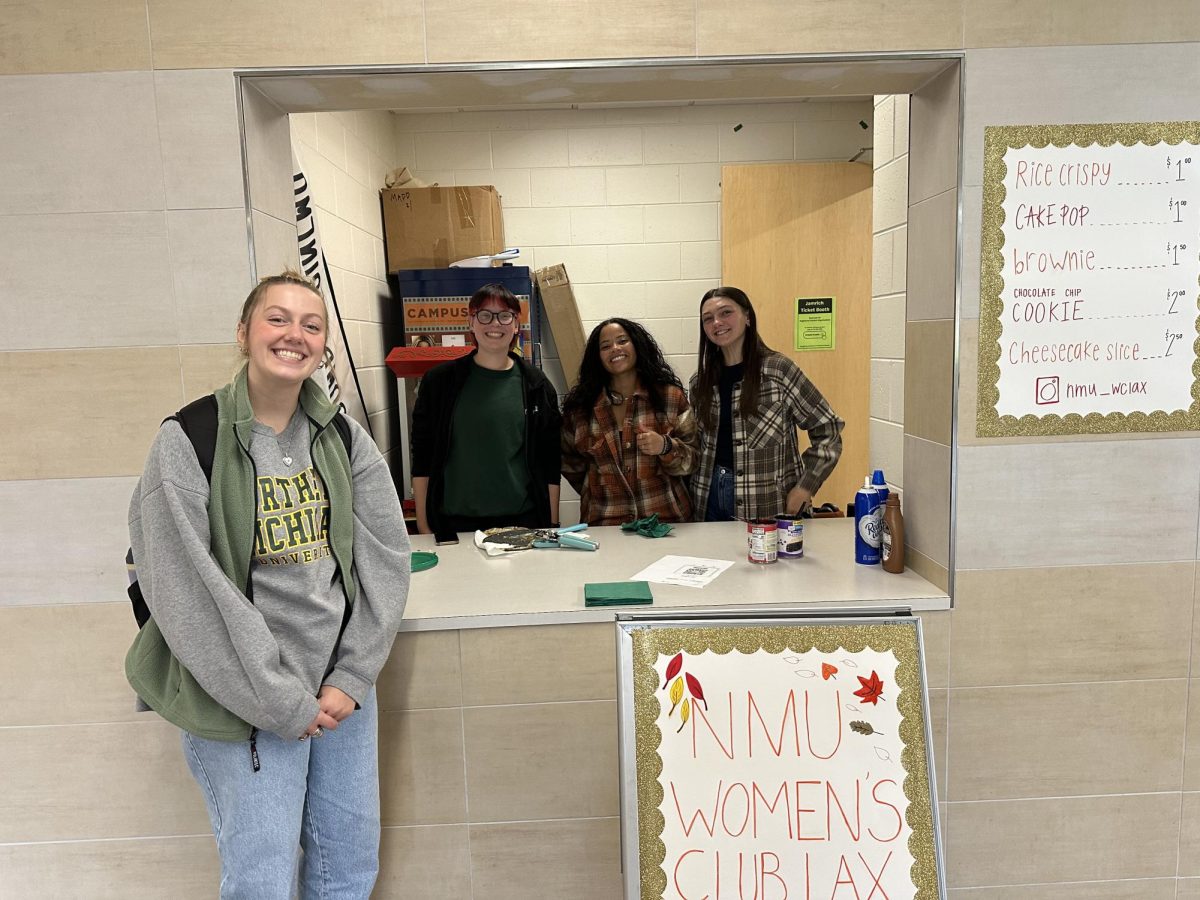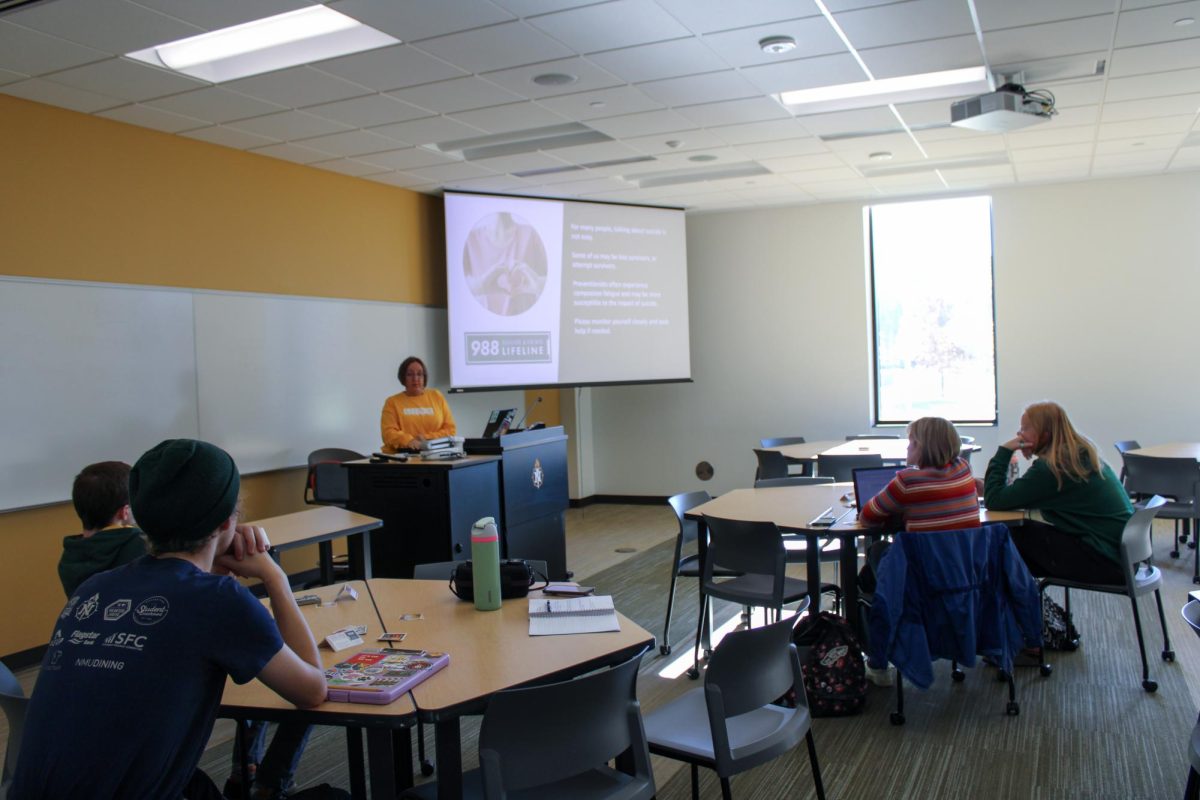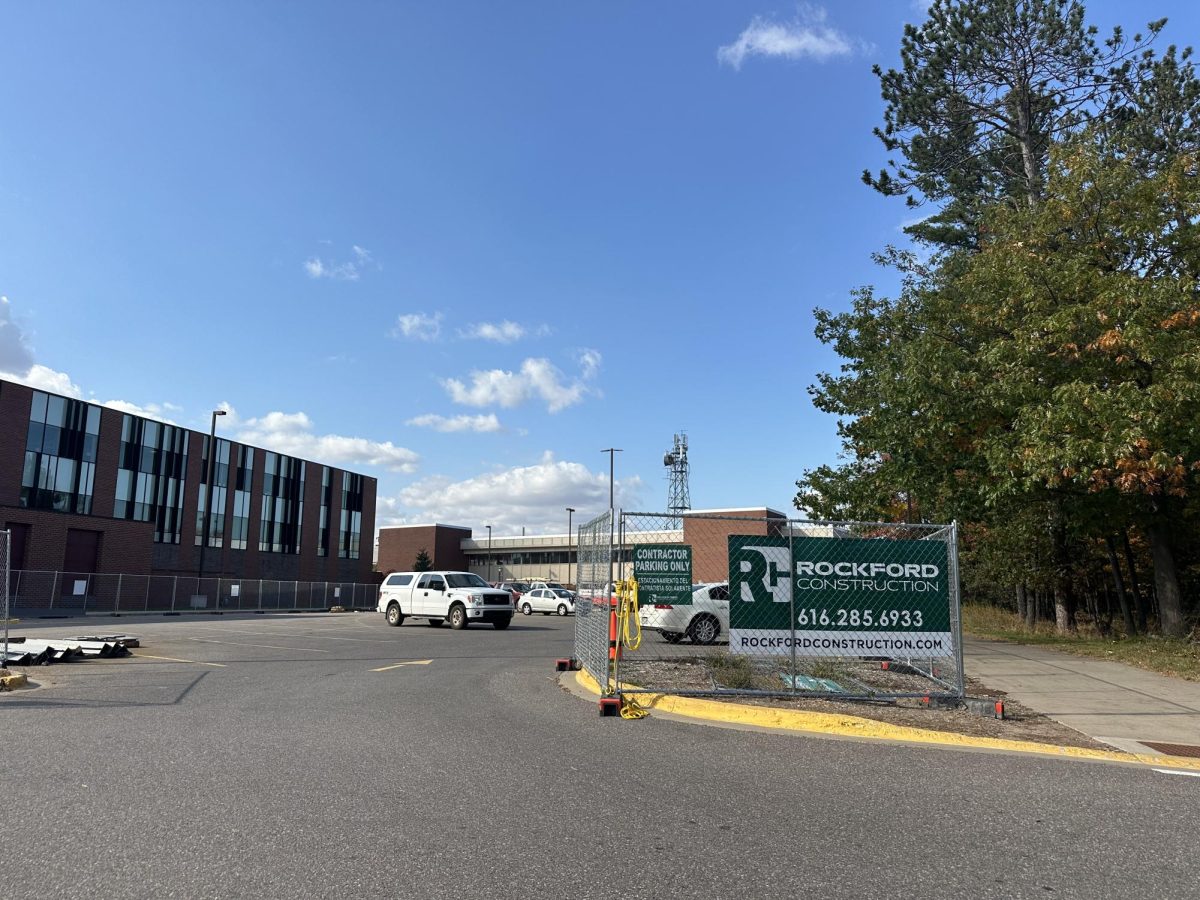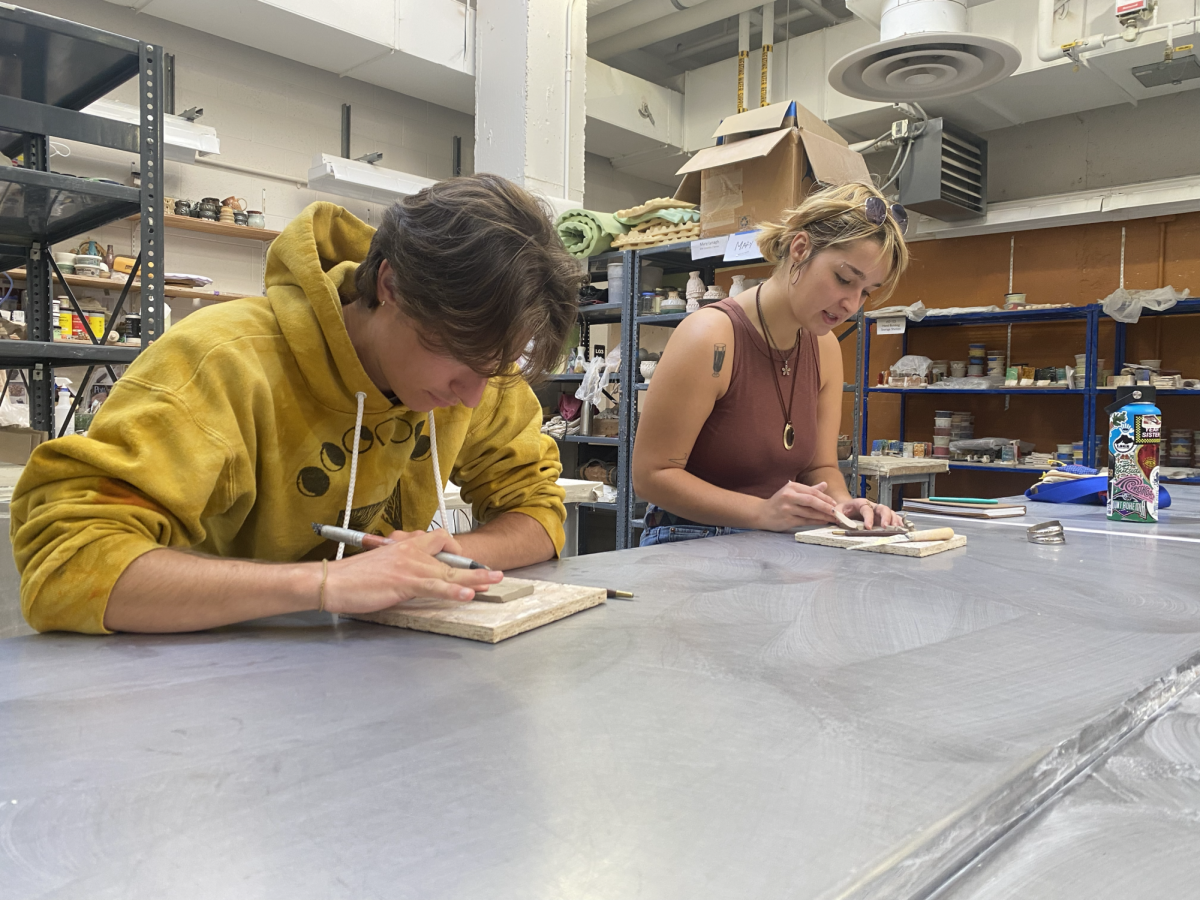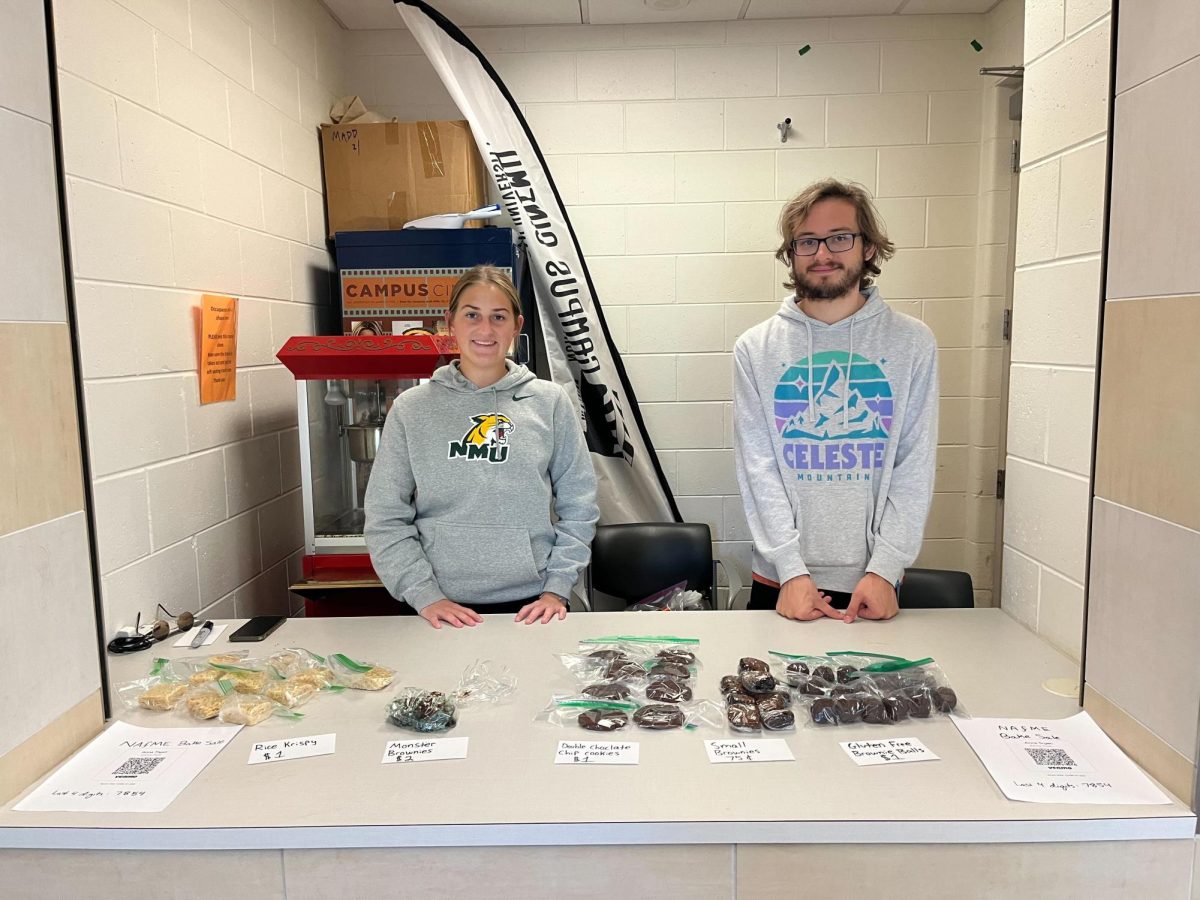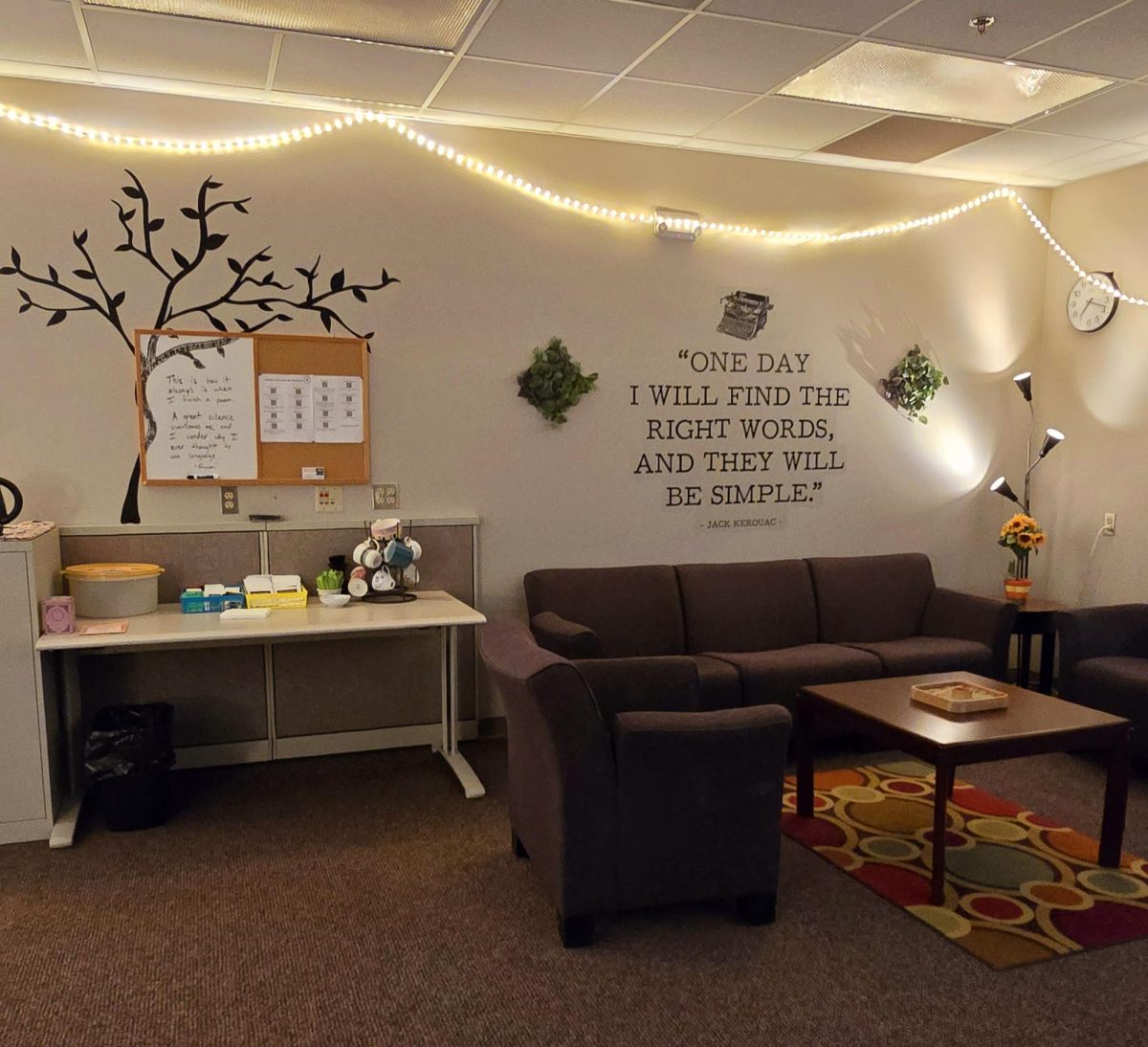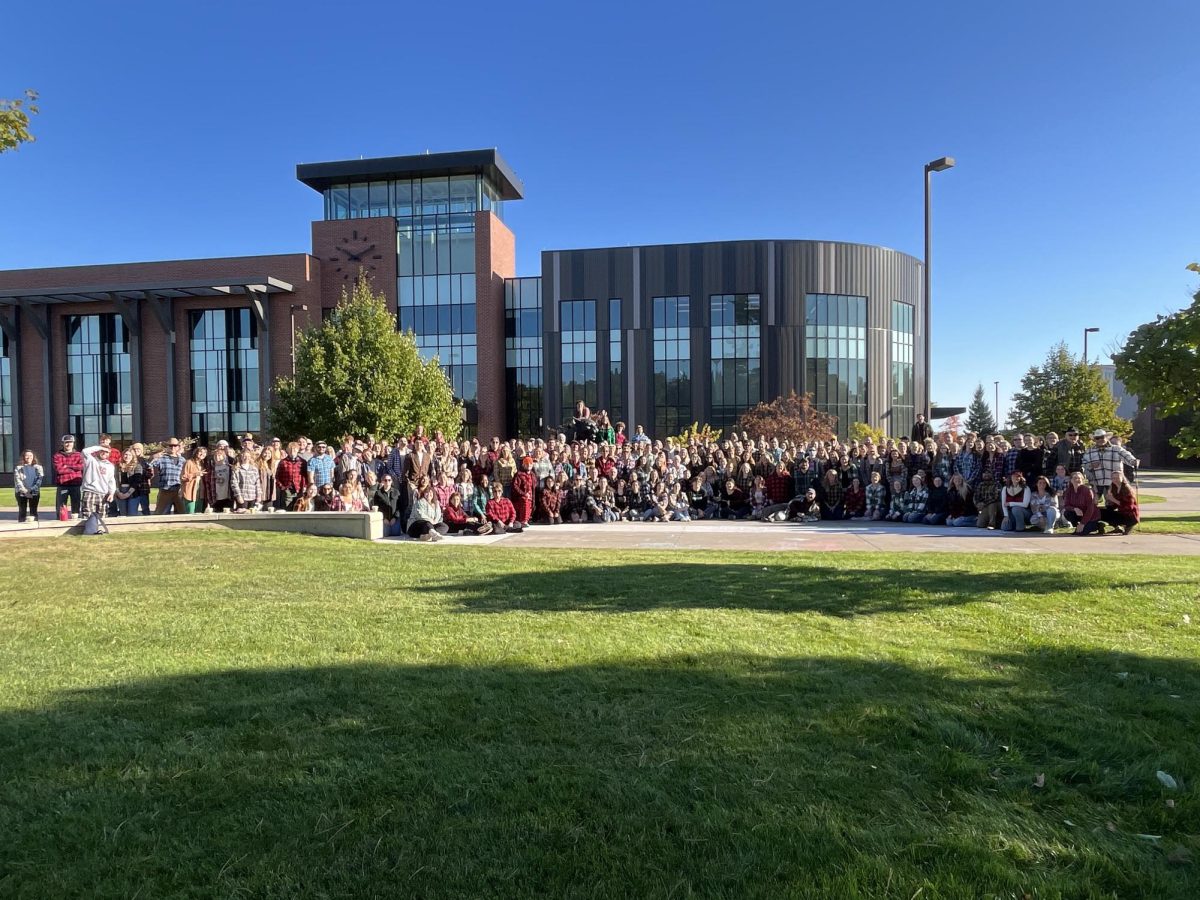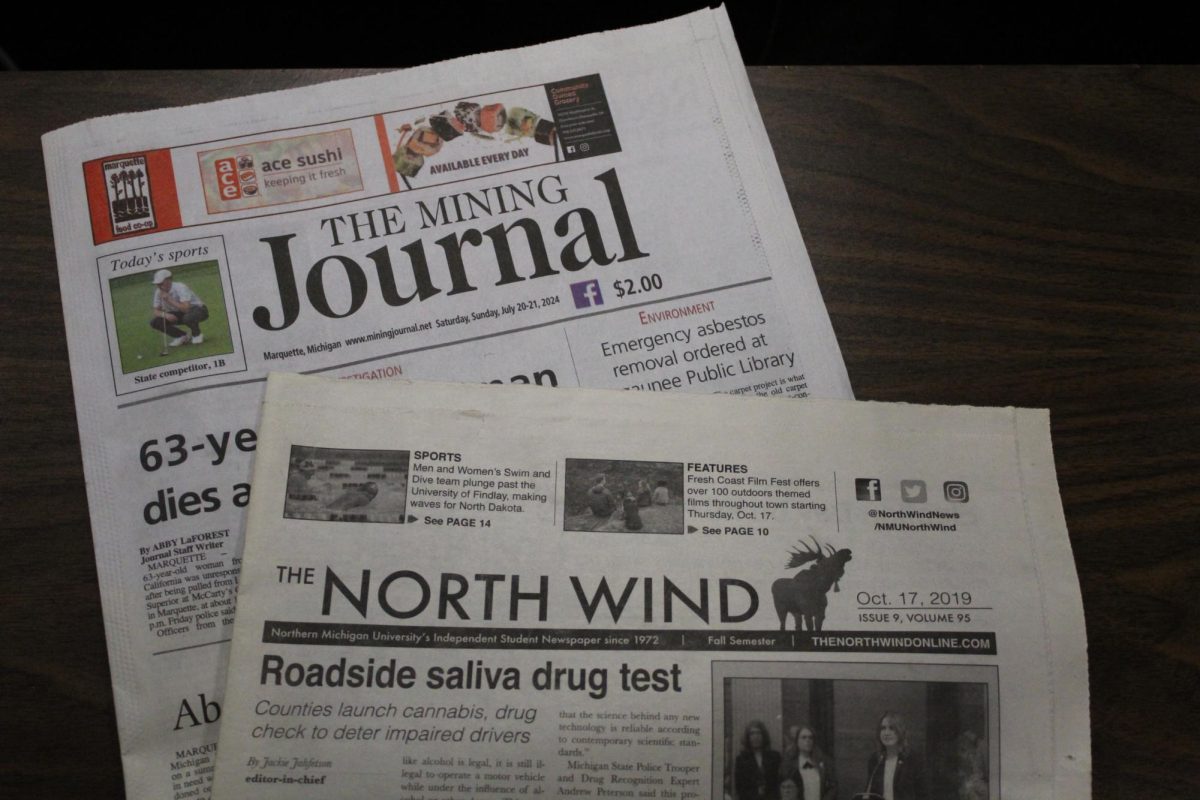Last Tuesday, March 22, many of us were busy changing our Facebook profile picture to an equal sign and/or sharing photos of other people supporting same-sex marriage outside of the United States Supreme Court.
On this same day, President Barack Obama signed into law what is being called the “Monsanto Protection Act,” or Section 735 of HR 933, which would protect the corporate biotech company Monsanto from the federal court system should their product — genetically modified seeds — ever be found to harm humans.
Genetically modified organisms — seeds that are modified to fend off pests and add nutritional content — are still very much in the experimental phase of their young existence.
We don’t fully know what genetically modified foods have the potential to do to the human body, much like our lack of knowledge regarding DDT when it was first used as a pesticide during World War II (but was later found to cause severe reactions and, in many cases, cancer).
The legislation passed early last week would effectively eliminate any hope of holding Monsanto and similar companies accountable for products that could very likely be harming entire populations of people, as it takes the ability to halt sales and planting of the organisms away from the federal court system.
To make it even more sneaky, the section regarding the protection of Monsanto was part of a 120,000-word spending bill that was quickly, quietly and deceptively pushed through Congress, largely unknown to many members of Congress and, ultimately, the entire country.
Additionally, this was all in lieu of recent movements aiming to make the labeling of any foods known to have genetically modified organisms in it a requirement by the USDA. Despite overwhelming support nationwide, no efforts have been made on the part of Congress to assure that consumers know what exactly is in the food they are eating.
On a state level, similarly ambiguous legislation is being quietly nudged through our state legislatures by senators with obvious ulterior motives. Earlier this month, a bill introduced by Senator Tom Casperson, a Republican from Escanaba, Mich., was approved by the Senate.
The legislation, Senate Bill 79, would effectively prohibit the Department of Natural Resources (DNR) from “designating land specifically for the purpose of achieving or maintaining biological diversity and would remove biodiversity conservation from the department’s list of forest management duties,” according to www.mlive.com.
Let me give that to you in layman’s terms: Casperson is completely disregarding advice and research from scientists across the state and country (including researchers from NMU, University of Michigan and Michigan State) to supposedly benefit the state by redefining (apparently this is part of a senator’s job description now) “conservation biology” and “biodiversity.”
The DNR (which senate Republicans irrefutably trust in all other sectors of natural resource and wildlife conservation, namely in the fight to instate a wolf hunt in the Upper Peninsula) would no longer be able to classify public lands for the purpose of achieving or maintaining biodiversity.
To put it simply, Casperson — who has owned and/or worked for his family’s log-hauling company in Escanaba for the past 25 years — is introducing legislation based almost entirely on the interests of logging companies that want to log state forests with little to no resistance from state law and policy. And he’s getting away with it, because we, citizens of Michigan, aren’t doing anything substantial to oppose it.
Time and time again we are sorely reminded that legislators and policy makers at the regional, state and federal level have no interest in a democratic, transparent society.
They hide important legislation within the confusing and misleading language of a 120,000 word legislative appropriation bill. They introduce legislation affecting the biodiversity of woodlands, wetlands and other natural areas that we call home in Michigan without the guidance of scientists.
In order to regain any semblance of democracy in this country and state, we must question the actions of the senators that we elect to represent us. In a democratic society such as ours (this is becoming quite questionable, however) it is assumed that secrets would not be kept from constituents.
It is assumed that decisions of such magnitude as Senate Bill 79 and the “Monsanto Protection Act” would call on the research of scientists, professors and other experts, and not on the spontaneous and monetarily-influenced actions of senators with political science degrees and friends in industries that serve only to jeopardize our natural resources.
Our country seems to have adopted a form of totalitarianism, where corporate lobbying trumps anything done by those that elect representatives to voice their concerns.
The lack of regard we are given by the government only serves to quiet us, to make us think we have no say in how the institutions around us operate. We cannot be quieted, however.
At this point, we have no choice but to speak out, to get angry, to do what we can to regain a transparent, functional and beneficial government and, ultimately, society.

